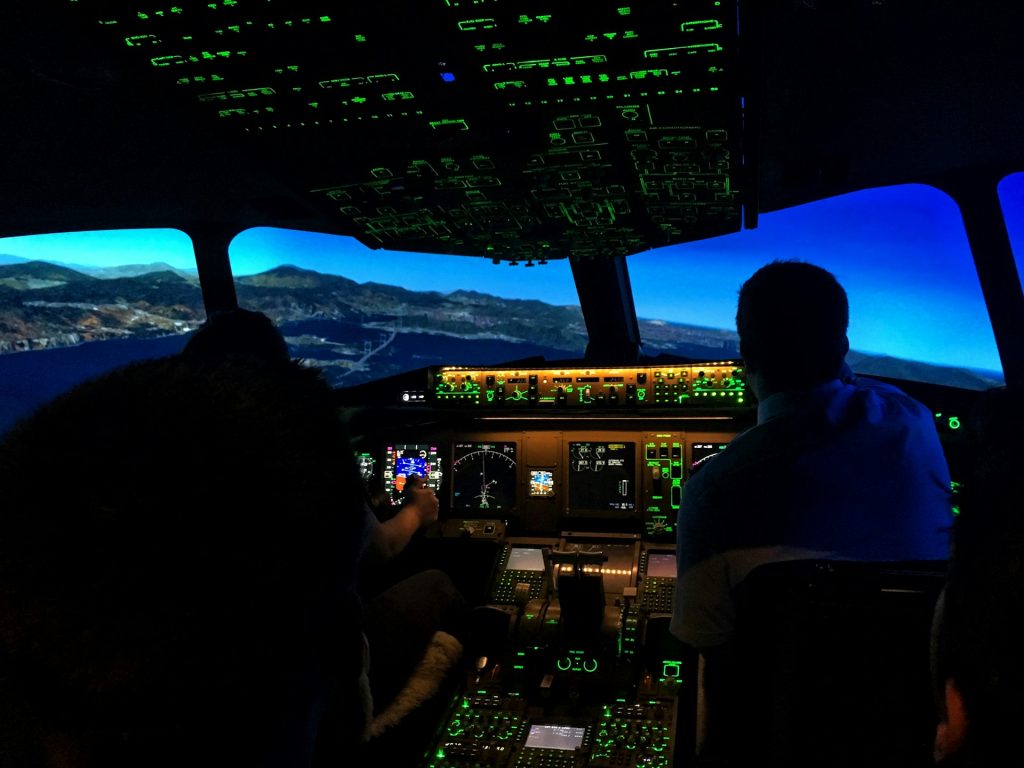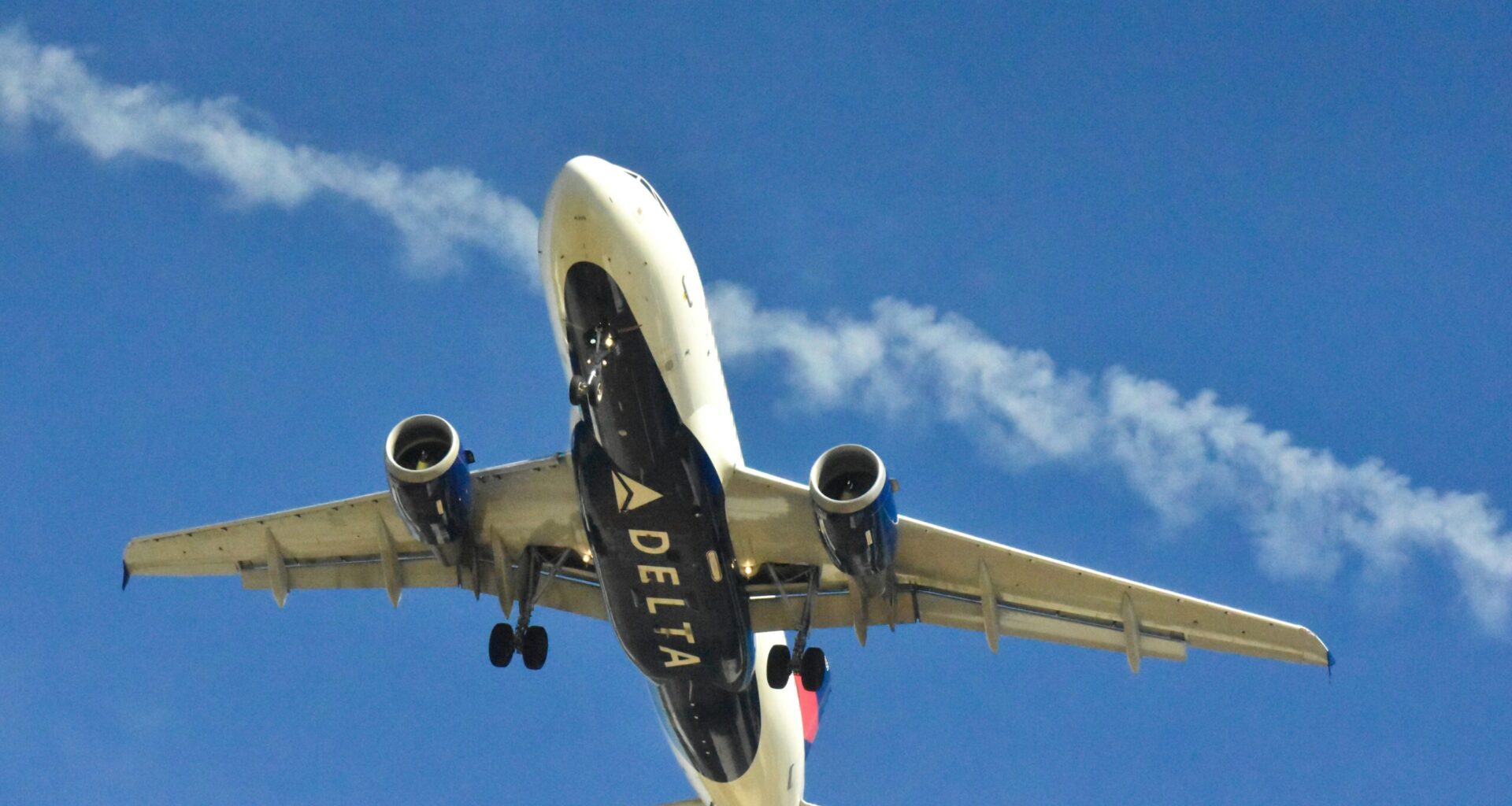A Delta Air Lines pilot has failed a breathalyzer test in Stockholm causing a transatlantic flight to New York City to be cancelled, according to Swedish news outlet Aftonbladet. The pilot, understood to be a US citizen, was taken into custody by police and could face jail time under Swedish law.
Flight DL 205 should have taken off from the Swedish capital’s Arlanda Airport at around 10 am for a nine-hour journey, landing at New York’s JFK at approximately 1:00 pm local (Eastern) time. Instead the pilot was arrested at around 9:00 am, and the aircraft, a Boeing 767-300 which typically seats around 269 passengers, remained on the ground, FlightAware data shows.
Potential costs for Delta and the pilot
With so many flyers affected, Delta is looking at steep costs thanks to the pilot’s alleged inebriation. The European Union’s rule 261 sets compensation at around $705 (just over €600) per person, and that’s not including any accommodation or meals for the passengers, the waste of meals on the cancelled flight, or the disruption to staffing and knock-on effect to other departures. View from the Wing estimates the bill will amount to at least $160,000 (around €136,000).
The pilot meanwhile, if found to have committed a “normal violation” might have to pay a fine or go to prison for six months. If the blood alcohol level is particularly elevated however, a custodial sentence of two years could ensue. The woman in question is not thought to fall under the latter category, reports say, and it’s worth noting that different people metabolise alcohol at different rates, meaning she may have had an alcoholic drink many hours before and not have been egregiously drunk.
 © Jan Huber on Unsplash
© Jan Huber on UnsplashWhen were alcohol rules introduced for pilots and why?
The European Union’s Aviation Safety Agency (EASA) first proposed random alcohol tests for pilots and cabin attendants on flights out of the EU in 2016, following the Germanwings Flight 4U 9525 disaster in which co-pilot Andreas Lubitz deliberately crashed an Airbus 320 into the Alps, killing all 150 people on board instantly. The amendment to Regulation (EU) 965/2012 was only brought into force in 2021 after delays due to the COVID-19 pandemic.
In the United States meanwhile, the Federal Aviation Administration’s so-called “bottle-to-throttle” rules prohibit pilots from flying within eight hours of consuming alcohol, or with a blood alcohol concentration (BAC) of 0.04% or more. Some carriers, including Delta and United, impose a stricter 12-hour abstinence period.
Following the Stockholm incident, Delta said it was cooperating with Swedish law enforcement and insisted in a statement that “nothing is more important than the safety and security of our customers and people. We apologize to our customers for the disruption to their travel, and teams are working to get them to their destinations as soon as possible.”
